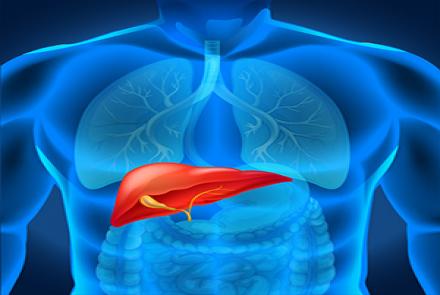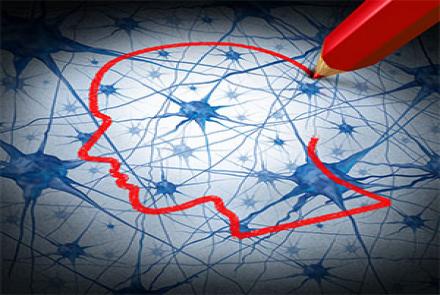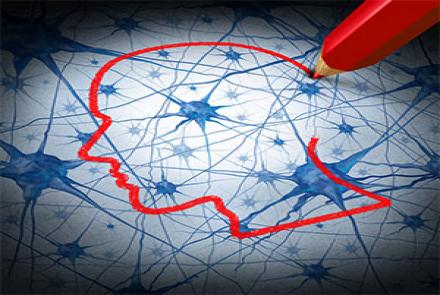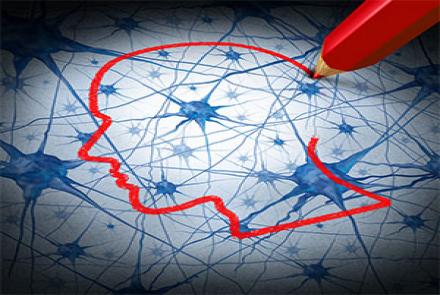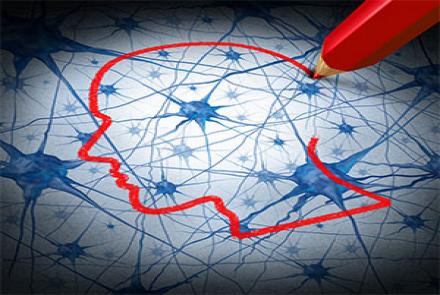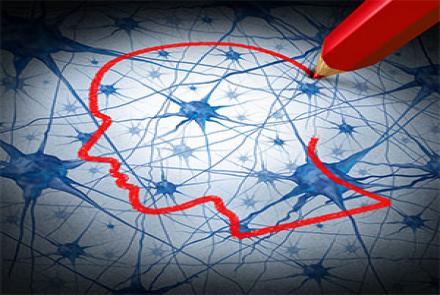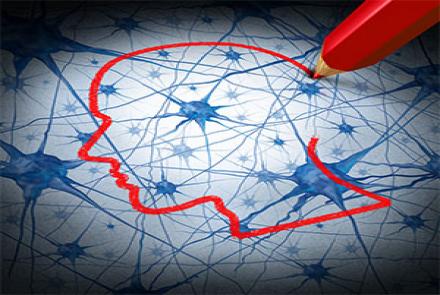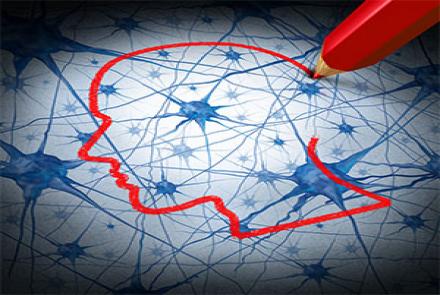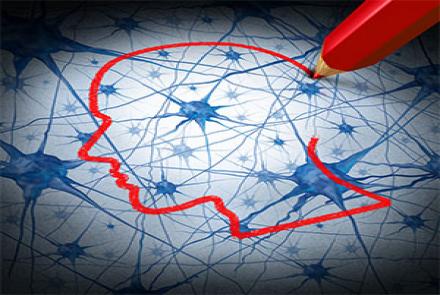In order to prevent hepatitis the Center for Disease Control recommends routine vaccination of all children under the age of 19 with the hepatitis B, which starts at birth and another 2 doses which can be given within 18 months of birth date. Adults can also take Hepatitis A and B vaccines if eligible or if they are at high risk.
Latest Stories
- Epilepsy can be treated. 1) Medication Generally doctors begin the treatment for epilepsy with medication. If the patient is not responding to medications, doctors may advise surgery. Many drugs are available to treat epilepsy and the choice of drug is based on the factors specific to patient. Medications used to treat epilepsy include: Carbamazepine (Tegretol or Carbatrol) Diazepam (Valium) Eslicarbazepine (Aptiom) Felbamate (Felbatol) Ethosuximide (Zarontin) Lacosamide (Vimpat)…
- A doctor may sometimes indicate a type of epilepsy based on whether the cause is known and identified (symptomatic) or cause is known but not identified (cryptogenic) or cause is not known (idiopathic). The types of seizures are also important in the treatment approach. What are the types of seizures? 1) Focal (partial) seizures They are produced by a relatively small part of the brain. They are of two types Simple partial seizures : characterized by…
- How is Epilepsy Diagnosed? Medical History A complete physical examination. Neurological examination Complete neurological examination to rule out behavioral modifications, change in mental function, motor abilities etc. Laboratory tests for Epilepsy Blood tests : Blood sample will be collected to check for signs of infection, genetic conditions etc. Electroencephalogram (EEG) : Routinely used diagnostic test which measures electrical impulses in the brain. This…
- What are the signs and symptoms of Epilepsy? Temporary confusion Uncontrollable jerking movements of arms and legs (commonly referred to as seizures) Loss of consciousness Staring spell What are the complications of Epilepsy? Falling: which causes injury to your head or break a bone Drowning : if you have epilepsy you are 15 to 19 times more likely to drown while swimming or bathing than rest of the population Accidents : A seizure that causes either loss of awareness or control can be…
- There are some ways of preventing epilepsy if you can prevent some of the causes. Head trauma Prevent head trauma by riding safely - being careful and avoiding road accidents. Prevent falls among the elderly by following some of these tips on fall prevention. Infectious Diseases Reduce chances of cysticercosis, the most common cause of epilepsy worldwide. Be careful and prevent infectious diseases through good hygeine and safe food cooking practices. Stroke Stroke is one of…
- Epilepsy often needs to be managed for life. While drugs do not cure epilepsy they can help control seizures. Make sure you know whom to consult as you manage the condition. Also know first aid, safety measures and post seizure care First Aid: Move the sizing person away from any obstacles like furniture, electrical outputs etc. Clear the area of any harmful or sharp objects. Place a blanket or cushions near the person. Place a pillow below their head if possible. Turn the person on their…
- What is Epilepsy? Epilepsy is a group of disorders marked by recurrent seizures over a prolonged period of time. The activity of nerve cells in brain becomes disrupted causing seizures or periods of unusual behavior, sensations and sometimes loss of consciousness. People can have different types of seizures and they may have other neurological problems as well.
- What are the risk factors for developing epilepsy? Epilepsy is the 4th most common neurological disorder affecting 1% of population. 1 in 26 people will develop epilepsy during their lifetime. It can begin at any age. Men are most commonly affected when compared with women. Risk factors include Premature babies Babies who have seizures in the first month of life Abnormal blood vessels in brain Brain tumors Cerebral palsy Family history of epilepsy or fever related (febrile) seizures. Alzheimer…

